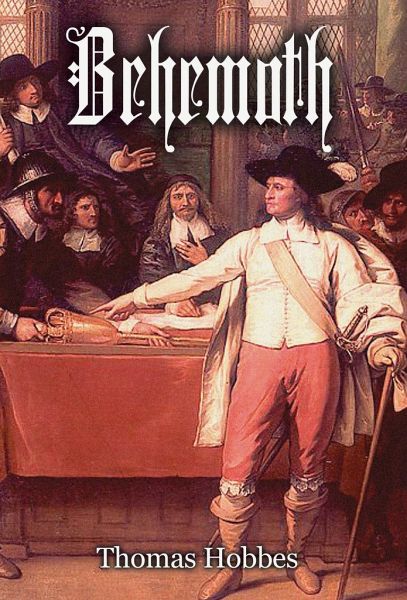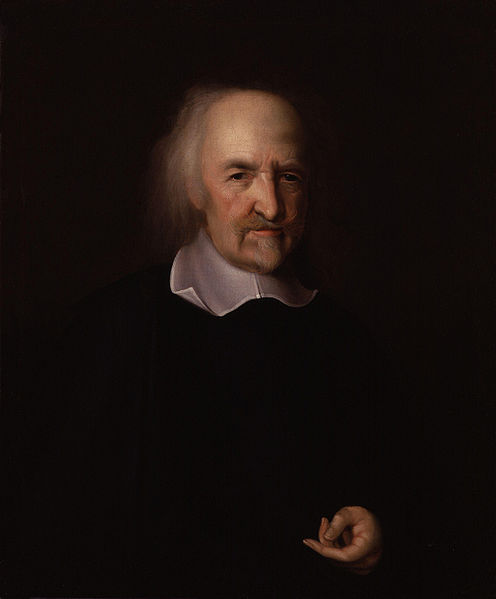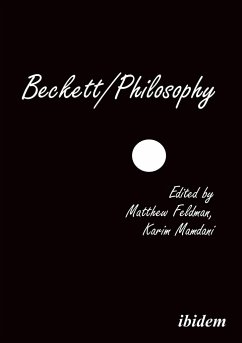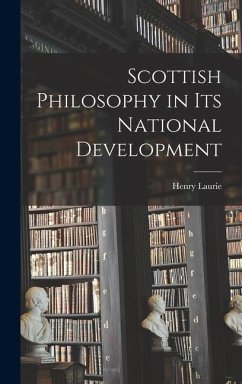
Behemoth
The History of the Causes of the Civil Wars of England, and the Councils and Artifices by which They Were Carried on from the Year 1640 to the Year 1660
Herausgeber: Ferdinand, Tönnies
Versandkostenfrei!
Versandfertig in über 4 Wochen
43,99 €
inkl. MwSt.

PAYBACK Punkte
22 °P sammeln!
Written in the form of a dialogue between a witness and a student, Behemoth is Thomas Hobbes' angry, causal account of the English Civil War, the events of which created the context for his political philosophy, as elaborated in his seminal works, De Cive (1642) and Leviathan (1651). The narrative spans from the beginning of the Scottish revolution in 1637 until the Restoration of the monarchy in 1660. In his discussion of sedition, rebellion, the disintegration of authority, and his countrymen's false notions about liberty, government, property, and religion, Hobbes describes the catastrophic...
Written in the form of a dialogue between a witness and a student, Behemoth is Thomas Hobbes' angry, causal account of the English Civil War, the events of which created the context for his political philosophy, as elaborated in his seminal works, De Cive (1642) and Leviathan (1651). The narrative spans from the beginning of the Scottish revolution in 1637 until the Restoration of the monarchy in 1660. In his discussion of sedition, rebellion, the disintegration of authority, and his countrymen's false notions about liberty, government, property, and religion, Hobbes describes the catastrophic outcome of government abuse and agitation by the universities, the latter having proven to the nation 'as the wooden horse had been to the Trojans'. Although completed in 1668, Charles II, Hobbes' former pupil, flatly refused to licence it, not caring for a direct discussion on these controversial topics, and not least because, although a proponent on rational grounds of the sovereign's absolute power, Hobbes was, at the same time, an ambiguous royalist. The manuscript thus remained unpublished until the final year of Hobbes' life, when several pirate editions appeared abroad. Hobbes' regular publisher, William Crooke, responded in 1682 by publishing a corrective version, on which subsequent editions were based. Ferdinand Tönnies at last discovered the original manuscript in the late 19th century, enabling him to restore numerous passages later deleted by the author, thereby supplying, in 1889, the closest thing there is to a faithful rendition of the original text.













